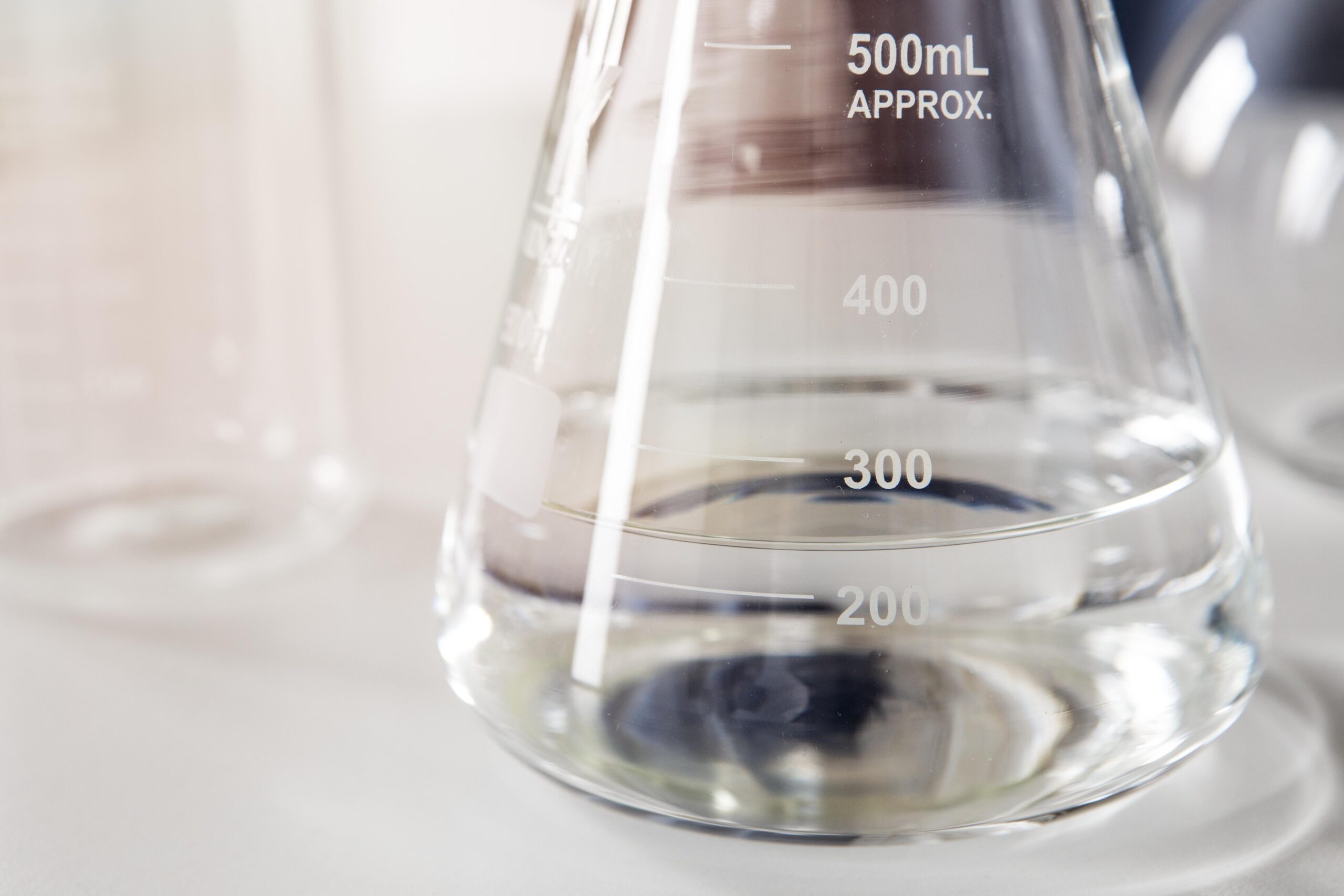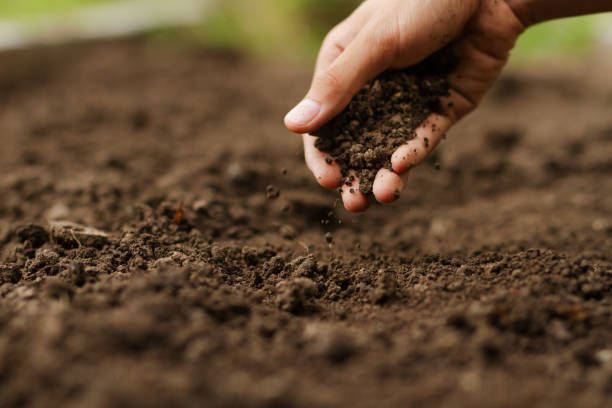You can also contact us to have various analyzes made. The following analyzes are standard in our product range. Other analyzes on request.

WATER ANALYSIS
Water analysis involves analysing water (often the water used for filling the feed tank) for the values below. The water for analysis can be submitted by taking a 250 ml of it to your local dealer, who will ensure that we receive it. Remember to label the water, giving it a name such as ‘south-west garden’ or ‘vegetable greenhouse 3’. We will then add a number code. The name you give the sample and the code will then be stated on the analysis results.
Bottles to contain 250 ml of water for analysis are made available free of charge.
| ACIDITY | PH |
| EC – Electrical Conductivity | mS/cm 25°C |
| Cations – mmol/l | |
| Ammonium | NH4+ |
| Potassium | K+ |
| Sodium | Na+ |
| Calcium | Ca+ |
| Magnesium | Mg+ |
| Silicon | Si+ |
| Anions – mmol/l | |
| Nitrate | NO3– |
| Chloride | Cl– |
| Sulphur | S– |
| Bicarbonate | HCO3– |
| Phosphorus | P– |
| Trace elements µmol/l | |
| Iron | Fe |
| Manganese | Mn |
| Zinc | Zn |
| Boron | B |
| Copper | Cu |
| Molybdenum | Mo |
Bottles of 250 ml for taking a water analysis are available free of charge on request.

SOIL ANALYSIS
Soil analysis is often used for determining whether the nutrient salts in the ground, soil, earth etc. are at an acceptable level for reuse. Reuse is not advisable if certain soil values are too high, as this often makes it very difficult for plants to develop well. Sodium levels of > 3.0 mmol/l are also undesirable. If levels are too high, the sodium starts to push away other positively charged ions, such as calcium and magnesium, which means that the plant can no longer absorb them. This results in an excess of sodium, creating a deficiency of calcium and/or magnesium.
Soil analysis (for ground, earth, coco, etc.) involves analysis of the following values.
| ACIDITY | PH |
| EC – Electrical Conductivity | mS/cm 25°C |
| Cations – mmol/l | |
| Ammonium | NH4+ |
| Potassium | K+ |
| Sodium | Na+ |
| Calcium | Ca+ |
| Magnesium | Mg+ |
| Silicon | Si+ |
| Anions – mmol/l | |
| Nitrate | NO3– |
| Chloride | Cl– |
| Sulphur | S– |
| Bicarbonate | HCO3– |
| Phosphorus | P– |
| Trace elements µmol/l | |
| Iron | Fe |
| Manganese | Mn |
| Zinc | Zn |
| Boron | B |
| Copper | Cu |
| Molybdenum | Mo |
A 600-g sample of the ground, earth or coco is required for the analysis. Ensure that the sample submitted is a good mix of the soil for analysis. In other words, make sure that it represents a good average of the open ground, pots or other substrate to be analysed. Preferably, take several samples from the plot, land or the different pots using a core sampler, reaching the whole depth of the soil, and then mix to create one single soil sample.
Submit the sample in a plastic bag. Make sure that you label the soil sample, giving it a name such as ‘greenhouse 4’, ‘west-facing garden’ or the name of the plot. We will add a number code to the sample. Both the name and the number code will then be stated on the analysis results you receive.

FEEDING WATER ANALYSIS
Feed water analysis involves analysing the actual feed water contained in the feed tank or drain water that has passed through the substrate. Feed water can also be taken directly from a substrate, such as rock wool slabs, using a sample syringe. Analysis of drain water allows you to determine what the plants have absorbed and what that have not absorbed, which is often more important.
This type of analysis determines the following values.
| ACIDITY | PH |
| EC – Electrical Conductivity | mS/cm 25°C |
| Cations – mmol/l | |
| Ammonium | NH4+ |
| Potassium | K+ |
| Sodium | Na+ |
| Calcium | Ca+ |
| Magnesium | Mg+ |
| Silicon | Si+ |
| Anions – mmol/l | |
| Nitrate | NO3– |
| Chloride | Cl– |
| Sulphur | S– |
| Bicarbonate | HCO3– |
| Phosphorus | P– |
| Trace elements µmol/l | |
| Iron | Fe |
| Manganese | Mn |
| Zinc | Zn |
| Boron | B |
| Copper | Cu |
| Molybdenum | Mo |
For this analysis, we need 250 ml of the type of water you want to have analysed, such as feed water or drain water. Remember to give the sample a name such as ‘drain water, young chrysanthemums’ or ‘tomato drain greenhouse 1’. We will then add a number code. The name and number will then be stated on the analysis results.

OTHER ANALYZES
There are many types of analysis that can be carried out. These encompass not only the types of analysis that will be of interest to horticulturists but also mould, virus and bacterial analyses. If there is a specific type of analysis you would like to have carried out, please contact us. We will be happy to discuss the matter with you and advise on options.
